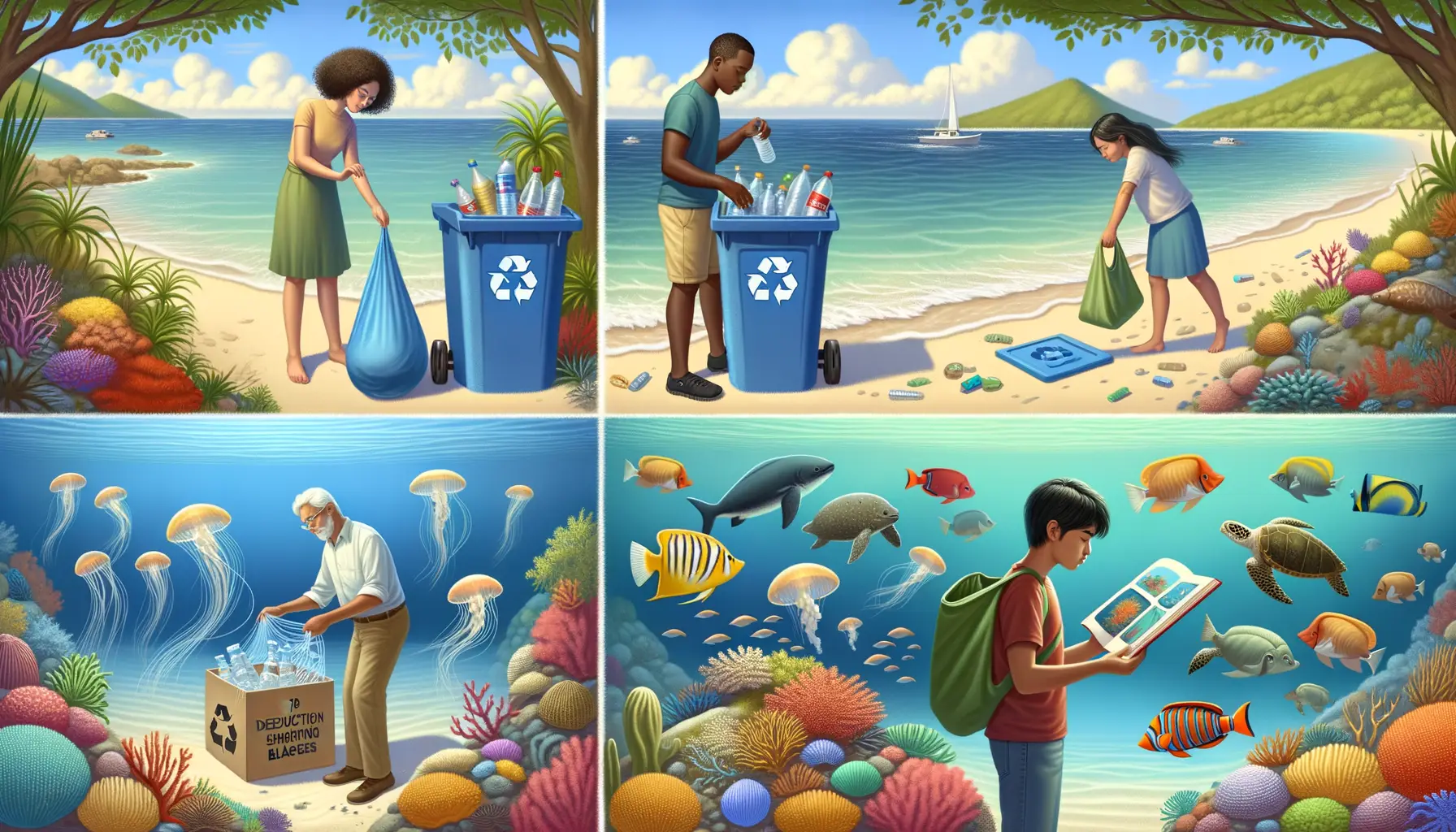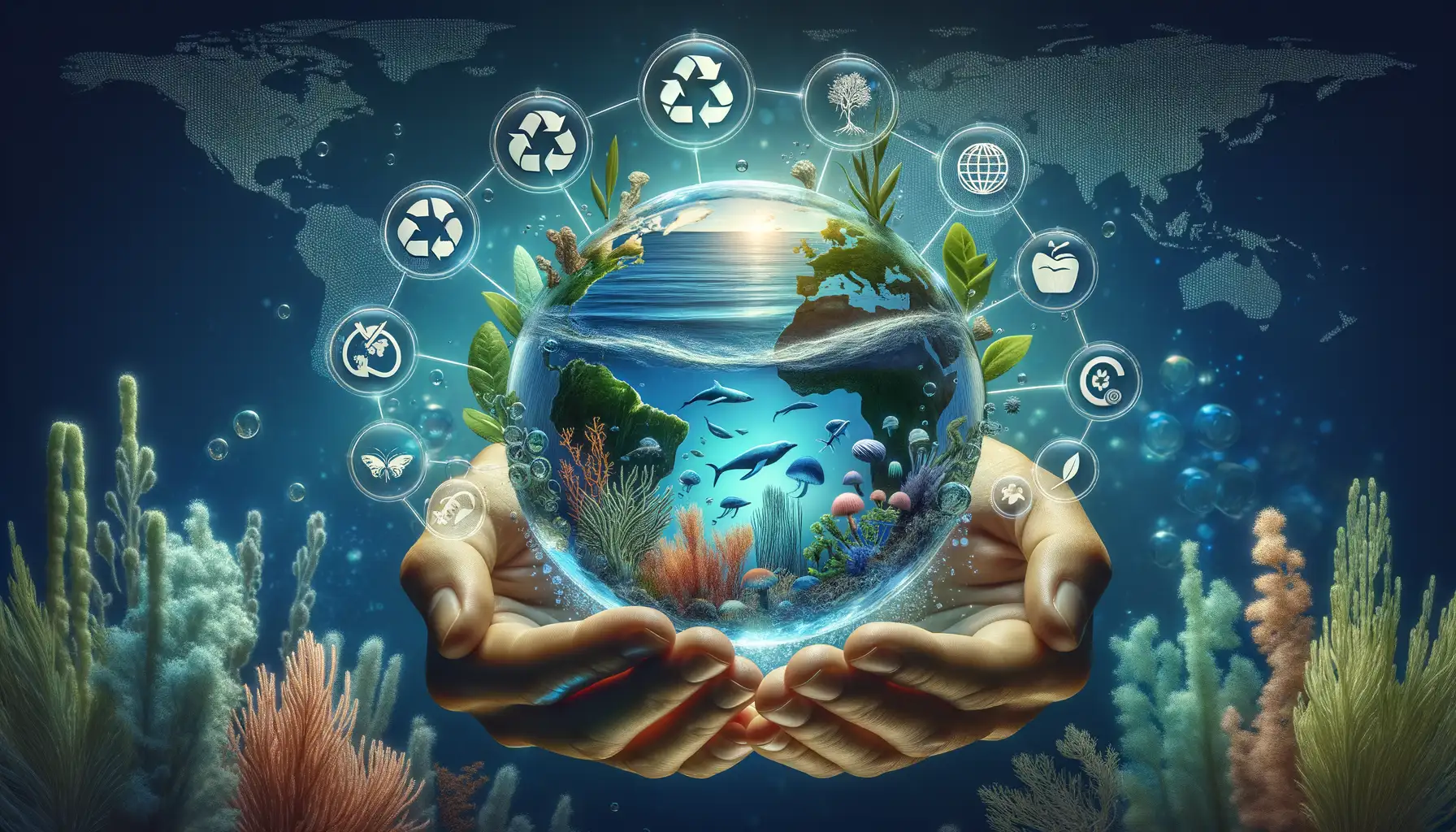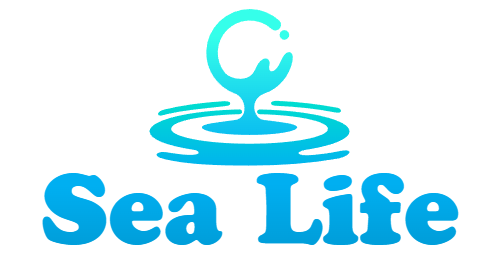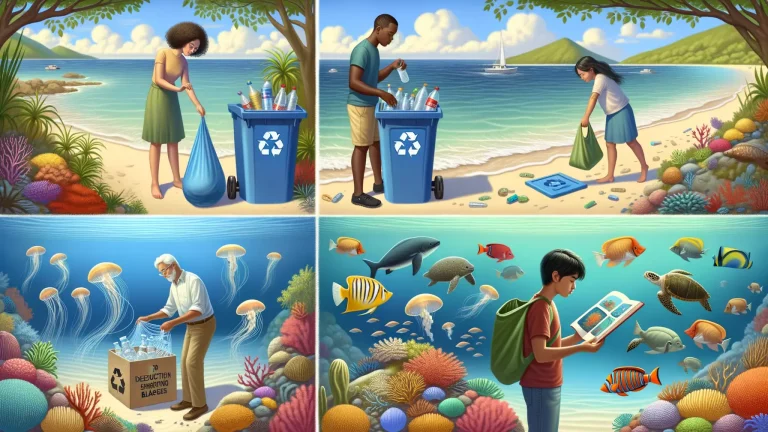Understanding the Importance of Ocean Wildlife Conservation
Why Healthy Oceans Mean a Thriving Planet
Imagine standing on a beach, hearing the waves crash, and watching seagulls glide through salty air. It feels infinite, doesn’t it? But beneath that shimmering surface lies an intricate web of life—one we’re dangerously close to unraveling. Ocean wildlife isn’t just about majestic whales or vibrant schools of fish; it’s the heartbeat of our planet.
Did you know that over 50% of the oxygen we breathe comes from marine ecosystems? Yes, every other breath you take owes its thanks to the oceans. From tiny plankton to massive coral reefs, these underwater wonders are vital for climate balance, food sources, and biodiversity. But they’re under siege—pollution, overfishing, and habitat destruction are threatening species faster than we can blink.
Now, think about this: without ocean predators like sharks, entire marine ecosystems crumble. Without seagrass beds or mangroves, carbon dioxide levels skyrocket. Here’s what’s at stake:
- The collapse of global food chains, impacting millions worldwide.
- An increase in extreme weather patterns due to disrupted ocean temperatures.
- A heartbreaking loss of creatures that have existed for millions of years.
Ocean conservation isn’t just a noble cause—it’s survival written in saltwater and waves.
Simple Everyday Actions to Protect Marine Life

Small Choices with Big Ripples
Every single decision you make—yes, even the tiny ones—can send ripples across our blue planet. Imagine holding a pebble and dropping it in a still pond. That’s your power. By tweaking a few everyday habits, you can help protect marine life from unnecessary harm.
Start at home. Switch to eco-friendly cleaning products. Many standard household cleaners funnel harsh chemicals straight into waterways, poisoning habitats for creatures like fish and sea turtles. Opt for biodegradable or plant-based options instead. The ocean thanks you.
And let’s talk about seafood. Choosing sustainably sourced options isn’t just trendy; it’s lifesaving. Look for labels like Marine Stewardship Council (MSC) on your tuna cans or shrimp packets. Every bite matters.
- Pack a reusable bottle or coffee cup; those disposable ones often end up in marine ecosystems.
- Say “no, thanks” to straws unless you truly need one—and then go reusable.
- Support local beach clean-ups (bonus: it’s a workout with a view).
By making these small, deliberate changes, you’re not just protecting ocean life—you’re becoming part of something bigger, a wave of change that the creatures below the surface will never stop appreciating.
How to Reduce Your Plastic Footprint

Simple Swaps to Cut Down on Plastic
We’ve all been there—hands full of groceries packed in plastic bags, sipping from a disposable cup wrapped in plastic. But here’s the thing: every small choice either sends more plastic into the ocean or stops it in its tracks. Start with these swaps that feel so effortless, they’ll become second nature:
- Reusable shopping bags: Keep them in your car or by your door so you’re always ready for that surprise trip to the store.
- Bamboo toothbrushes: Your pearly whites will never notice the difference, but our oceans will!
- Stainless steel water bottles: Not only are they sleek, but they keep your water cold forever (seriously, forever).
The key isn’t about being perfect—it’s about progress. These little actions ripple outward like tossing a pebble into calm waters. And trust me, when you see your cart loaded with these simple choices, you’ll feel unstoppable.
Get Creative With What You Already Have
Before running out to buy shiny new eco-friendly gadgets, look closer to home. Those old glass jars from pasta sauce? They make amazing containers for pantry items. Torn up t-shirts? Boom, instant cleaning rags. Cutting down on waste doesn’t have to be about buying more—it’s about reimagining what you already own.
Here’s my favorite trick: keep a “plastic-free challenge” jar on your counter. Every time you avoid using something disposable, toss a coin inside. By the end of the month, not only will you have a little stash for treats, but you’ll also be amazed at how many decisions added up!
Supporting Organizations and Initiatives that Protect Oceans

Make Waves with Your Support
When was the last time you felt the salty breeze of the ocean on your face or marveled at the kaleidoscope of marine life in a coral reef? Oceans are breathtaking, but they’re also under siege. If you’ve ever wanted to be part of something bigger than yourself, supporting organizations dedicated to protecting marine life is your chance to make waves.
From funding ocean clean-ups to rescuing entangled sea turtles, these groups are the unsung heroes of marine conservation. Here are some inspiring ways to get involved:
- Adopt a Marine Animal: Ever dreamed of having a whale named after you? Many organizations allow you to “adopt” creatures like dolphins, sharks, or even manatees. It’s not just cute—it funds vital research and rescue missions.
- Join Beach Clean-Ups: Put on some gloves and spend a day digging into an issue (literally). Local groups often host clean-ups that unite communities while tackling pollution head-on.
- Monthly Donations: A few dollars can go a long way toward supporting grassroots initiatives. Think of it as Netflix for saving the oceans!
Stand with Ocean Heroes
Some names shine bright in the conservation world—like Oceana, battling overfishing, or The Coral Restoration Foundation, rebuilding reefs piece by piece. Even smaller, local projects often have extraordinary impact. Had you heard about The Sea Turtle Conservancy, the world’s oldest sea turtle-focused organization? Now you have!
Don’t stop at money; your voice matters too. Share their campaigns online, amplify their message, or even volunteer your skills. Whether you’re an artist, writer, or data enthusiast, there’s a place for you to dive in.
Educational and Advocacy Efforts to Drive Change

Inspire Minds, Spark Change
Have you ever paused to think how much power your voice carries? When it comes to safeguarding our oceans, education and advocacy are like ripples in water—small efforts that can grow into tidal waves of change. By sharing knowledge and leading by example, you can open someone’s eyes to the importance of protecting ocean wildlife. Imagine telling a friend about the devastating impact of ghost fishing nets or showing your niece how to choose reef-safe sunscreen. It’s these personal connections that ignite action.
One impactful way to make waves is by supporting educational campaigns. Join local workshops on marine conservation or participate in youth programs that teach kids about ocean ecosystems. If you’re feeling bold, become an advocate yourself by writing letters to policymakers or giving talks at community events. You don’t need a megaphone to be heard; even a heartfelt social media post can plant seeds of awareness.
Your words could be the spark someone needs to dive into this mission.

